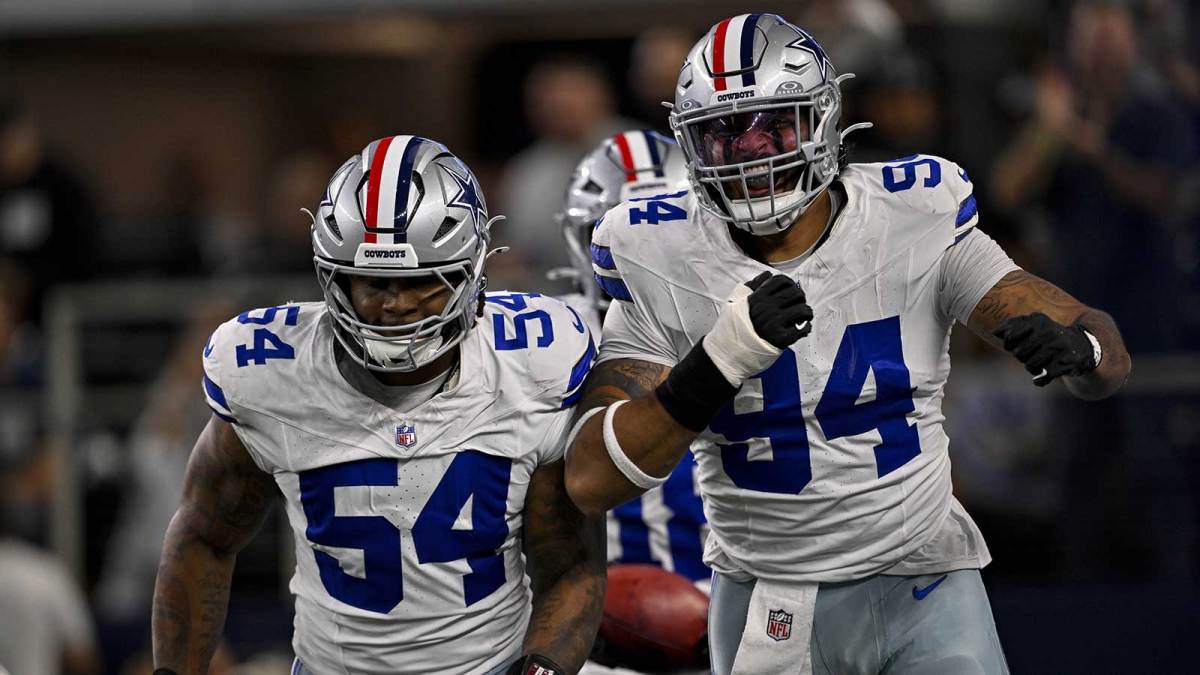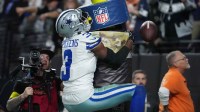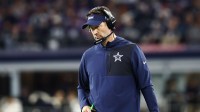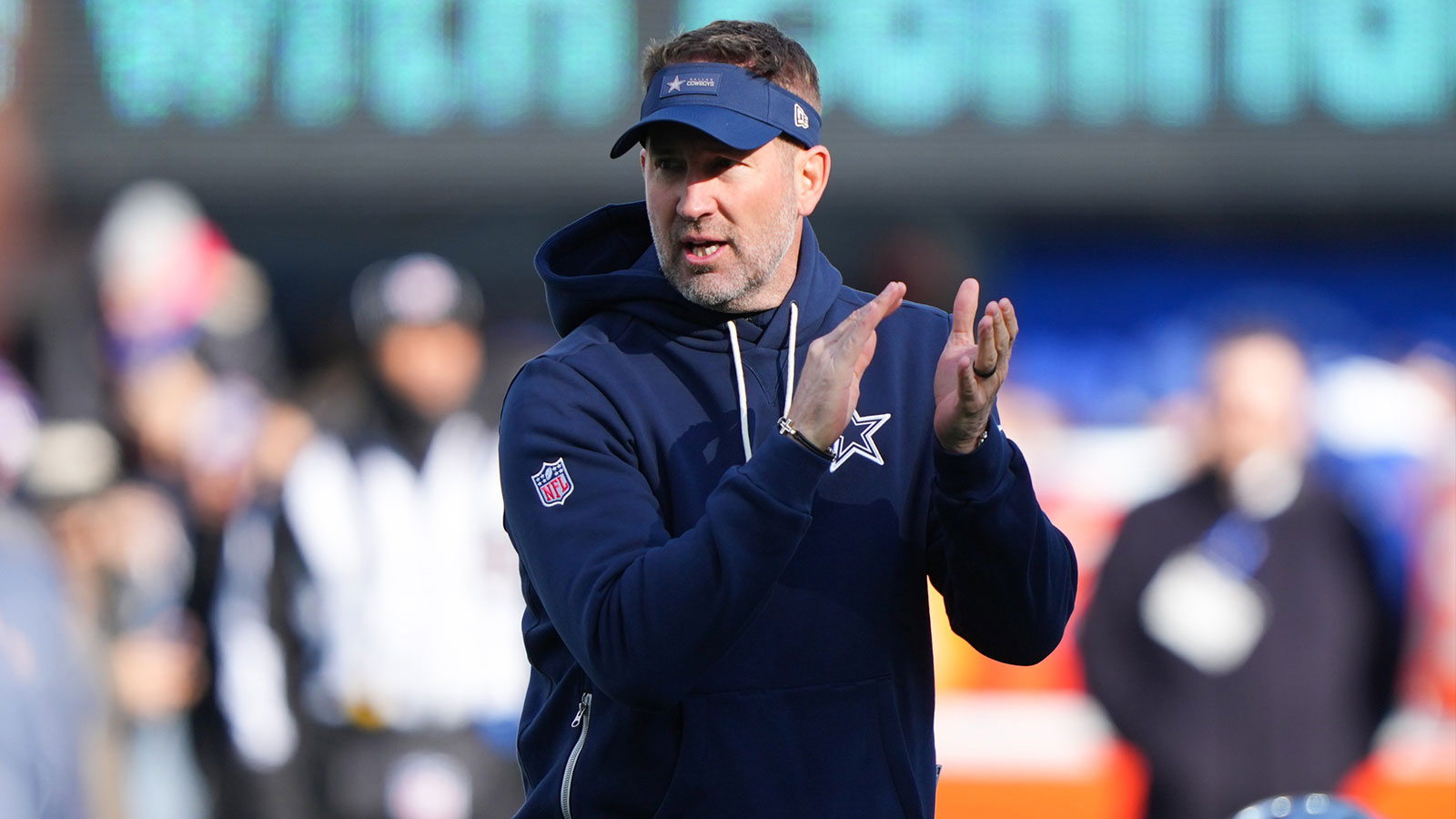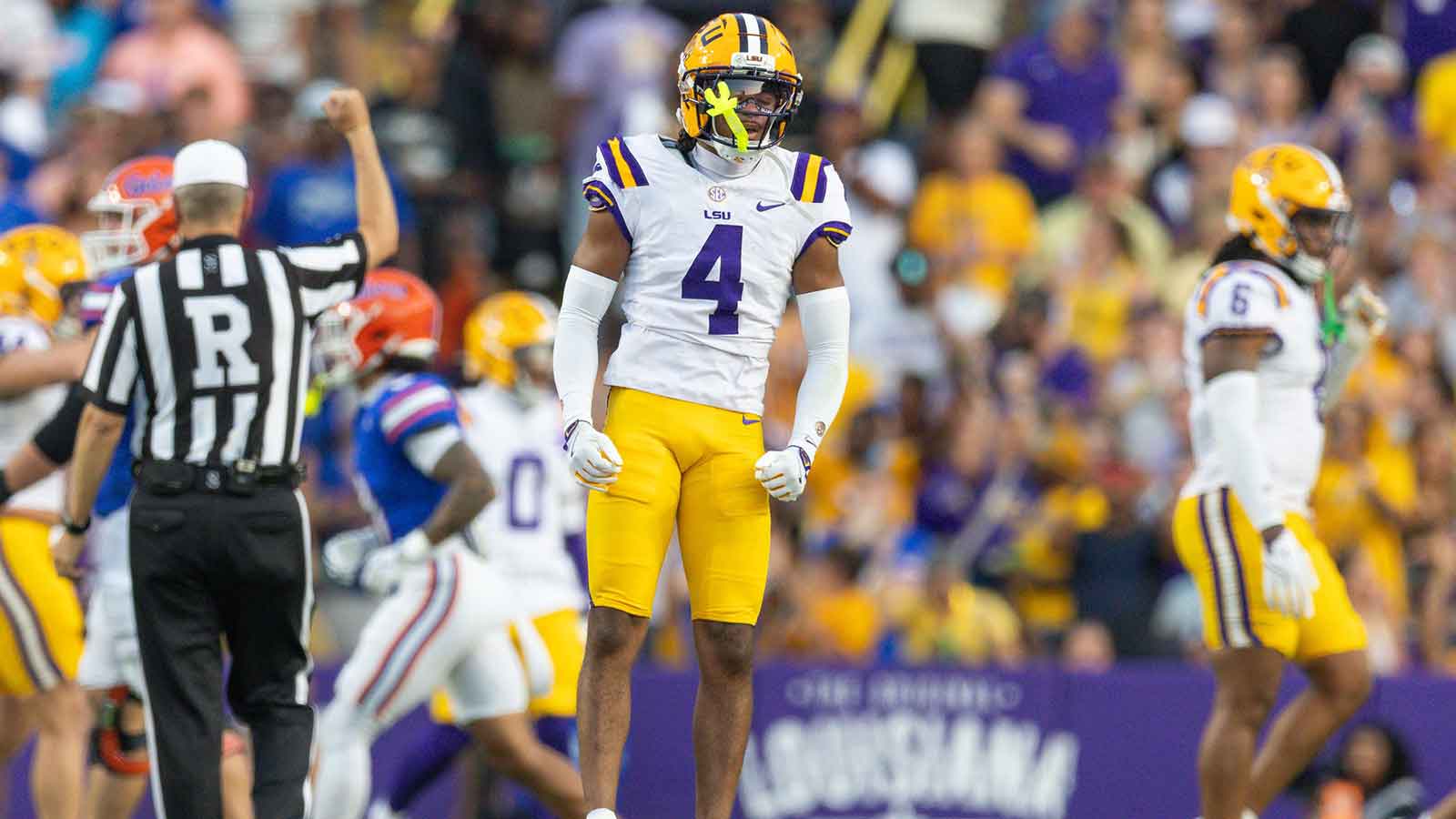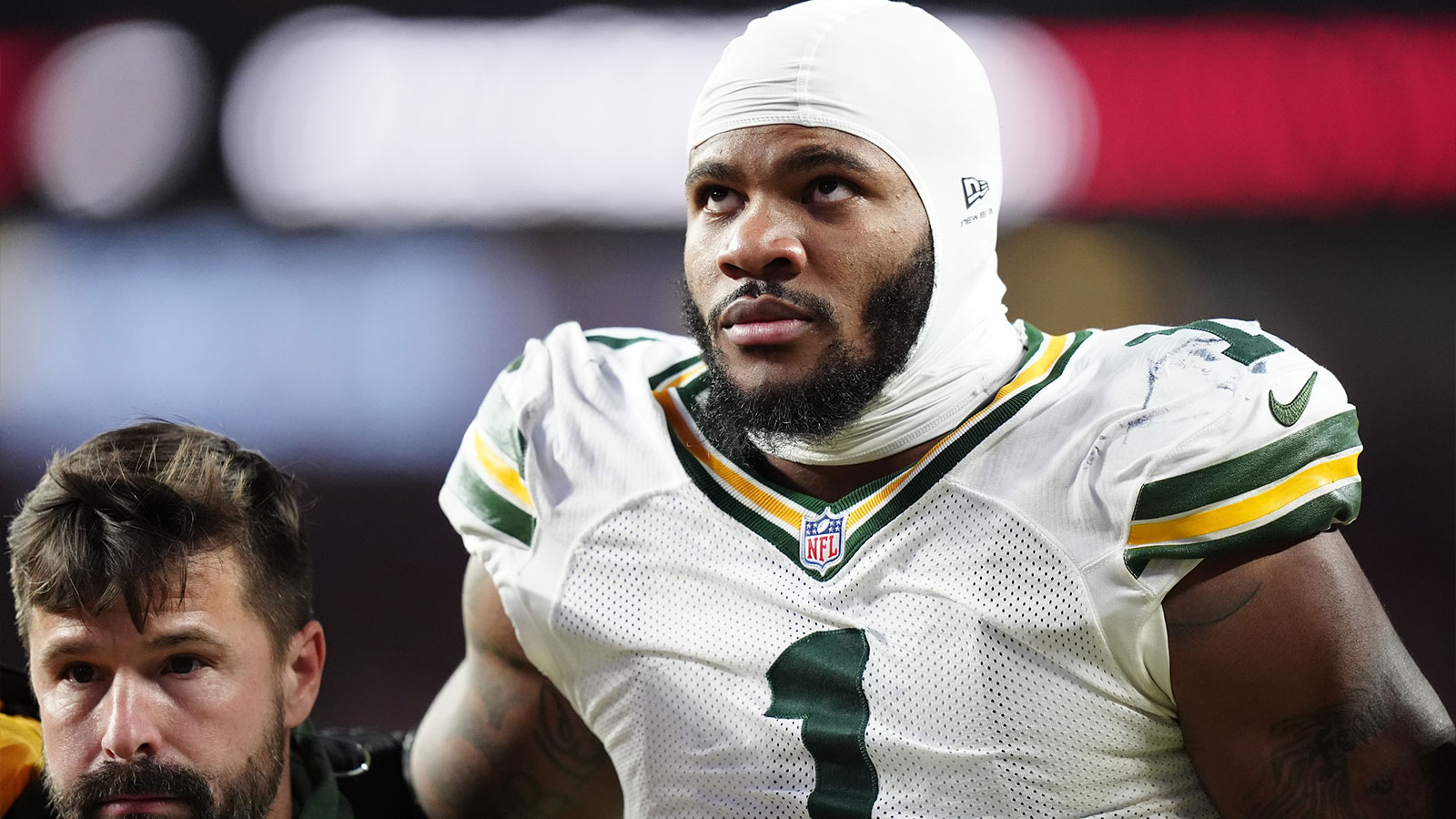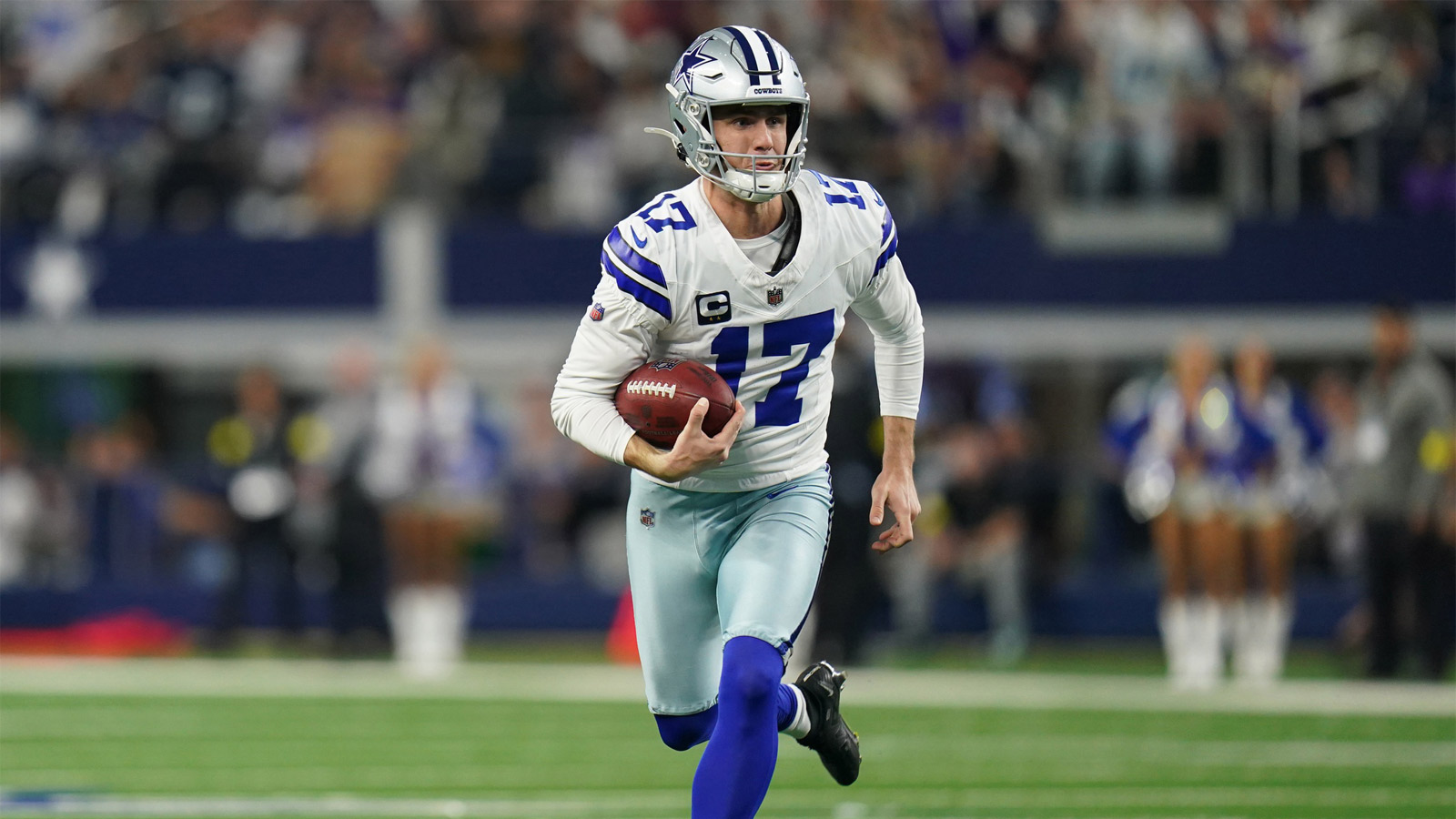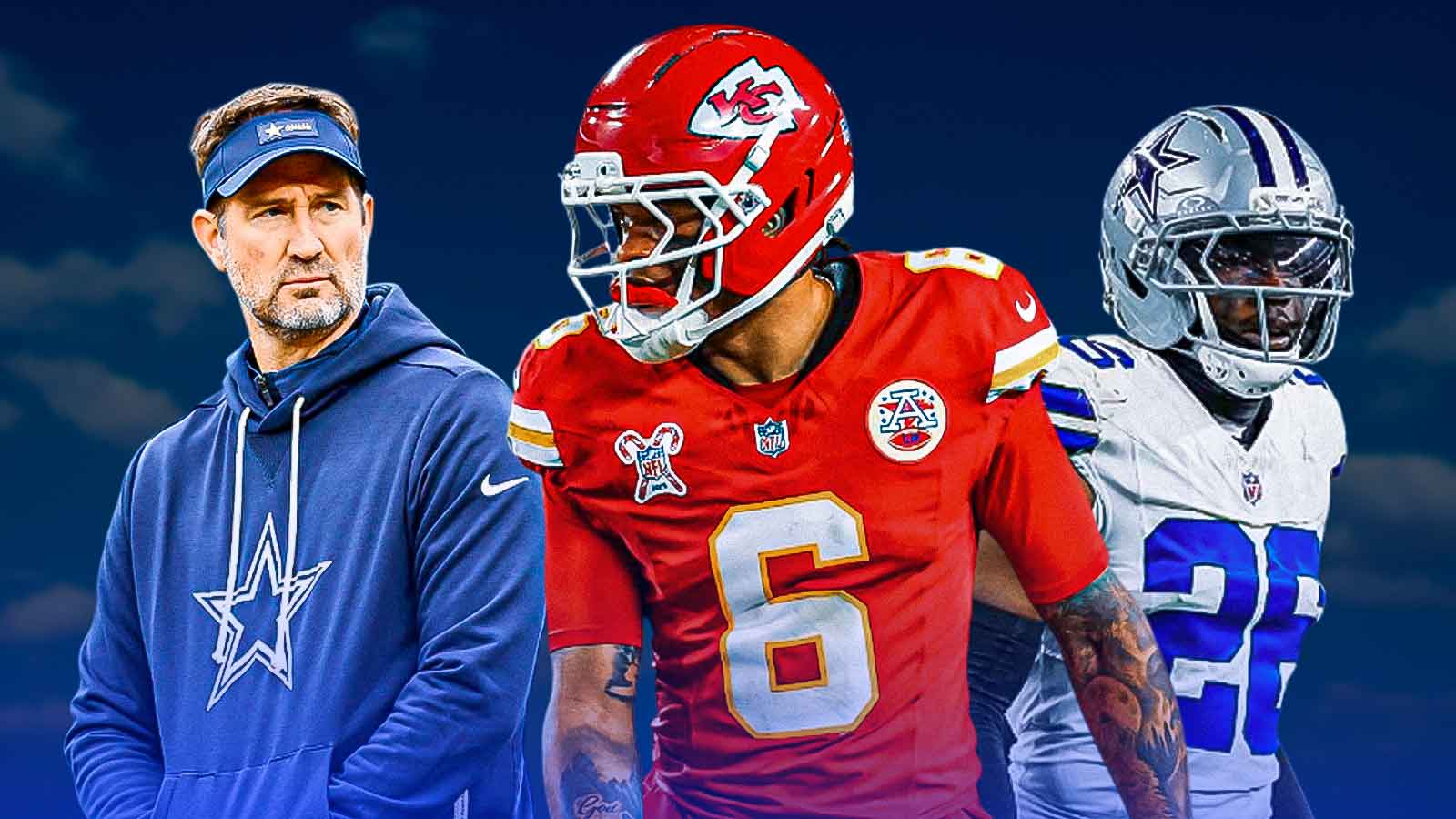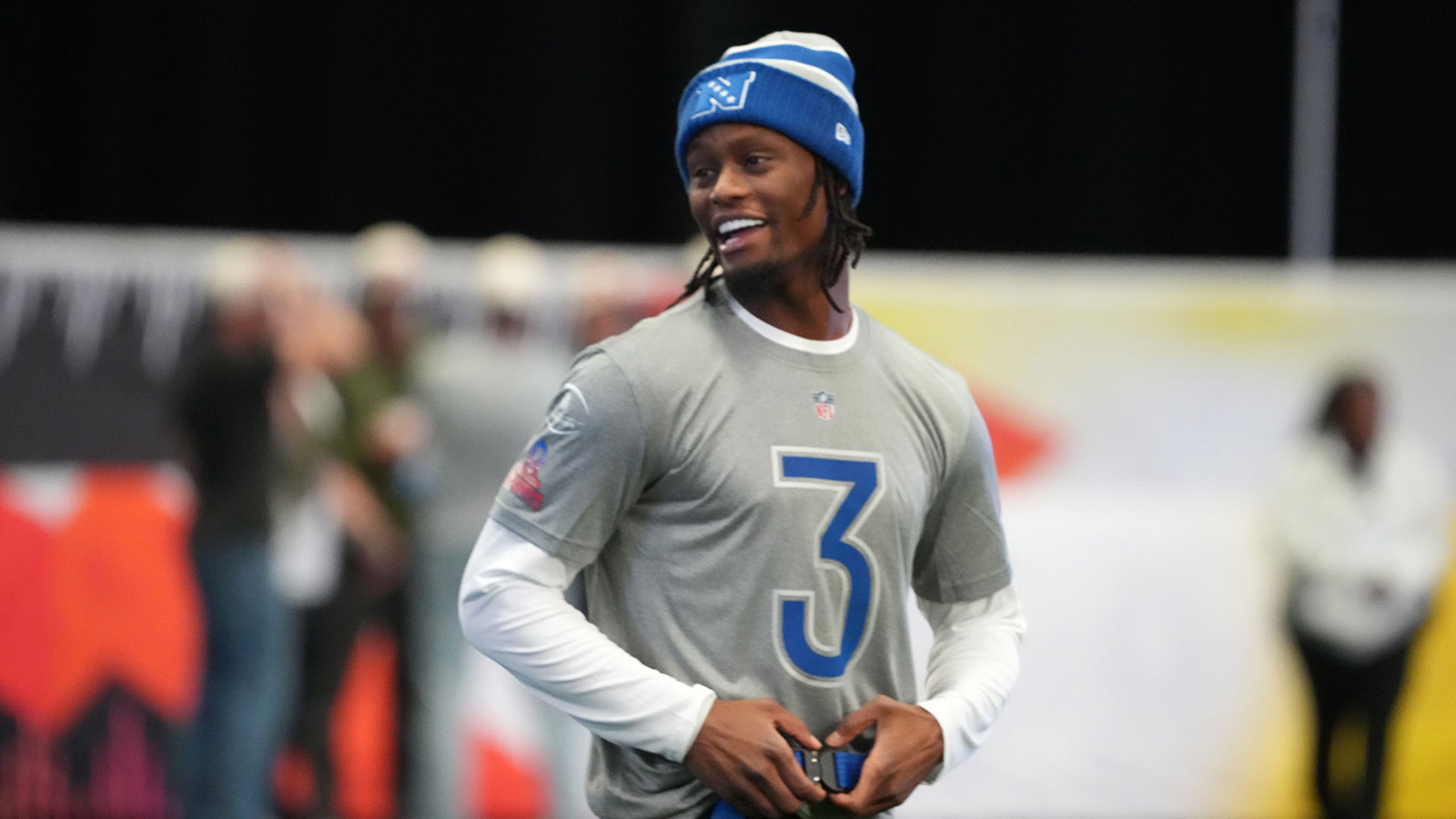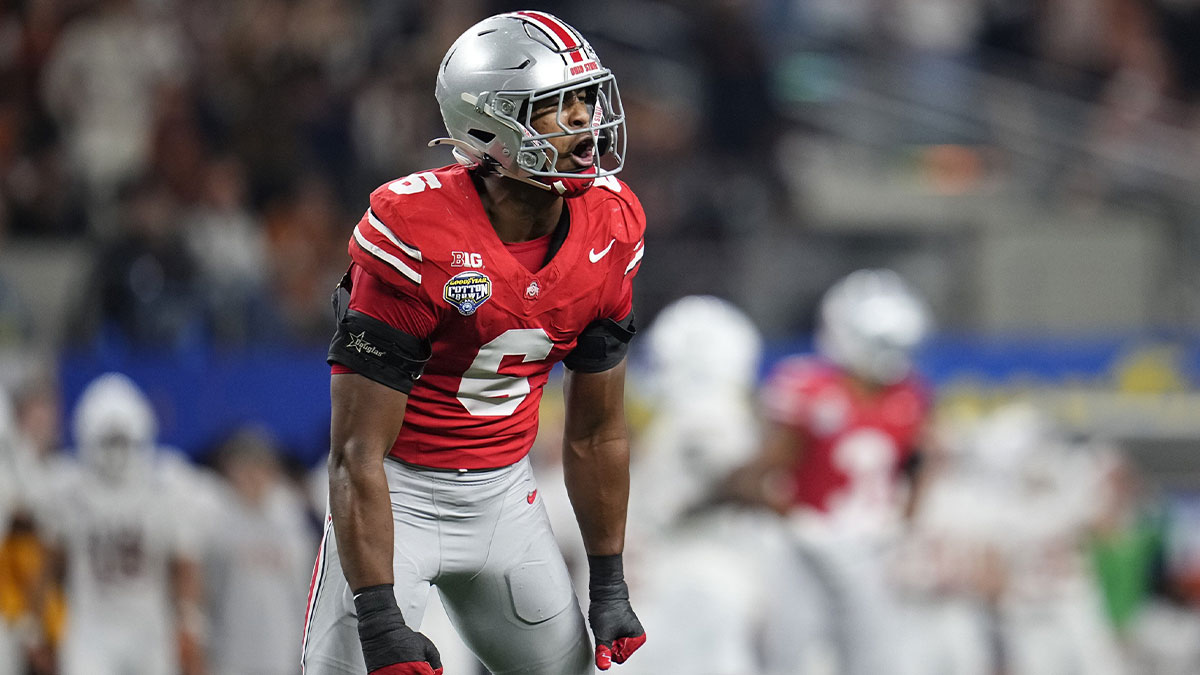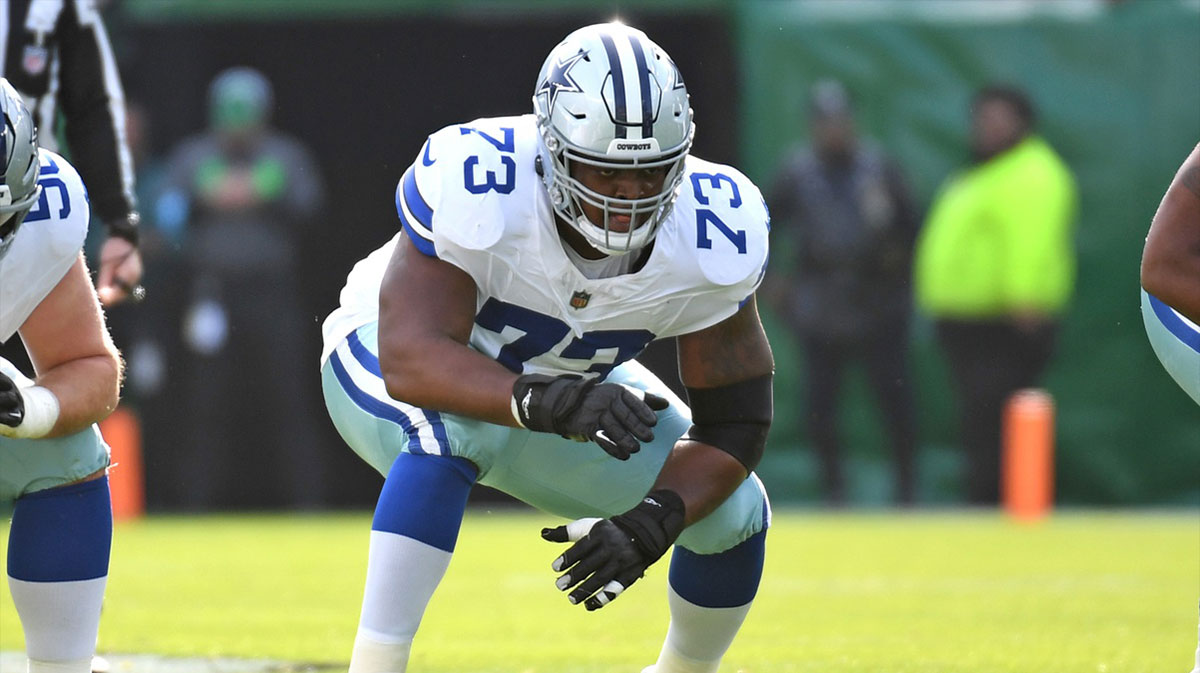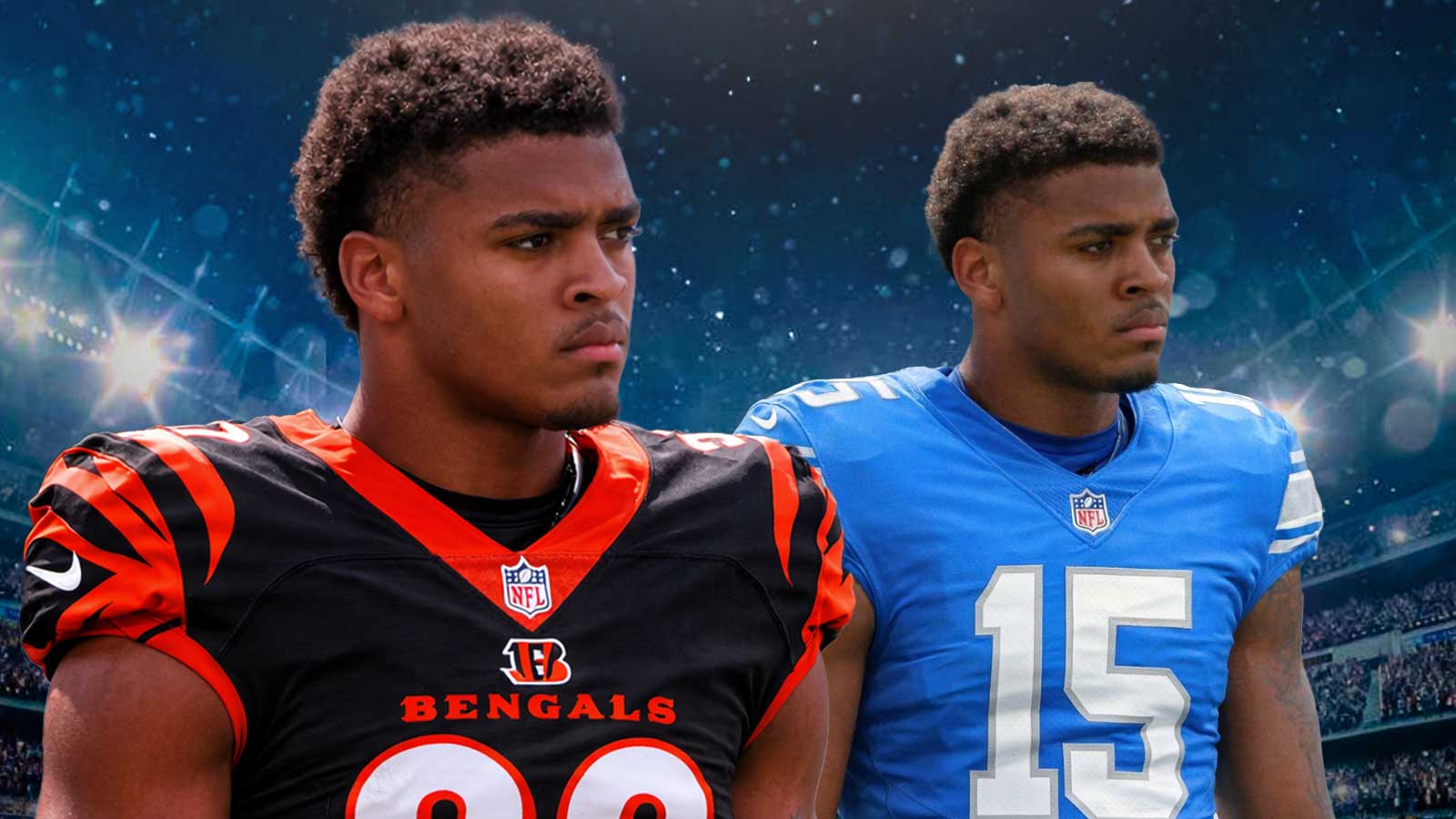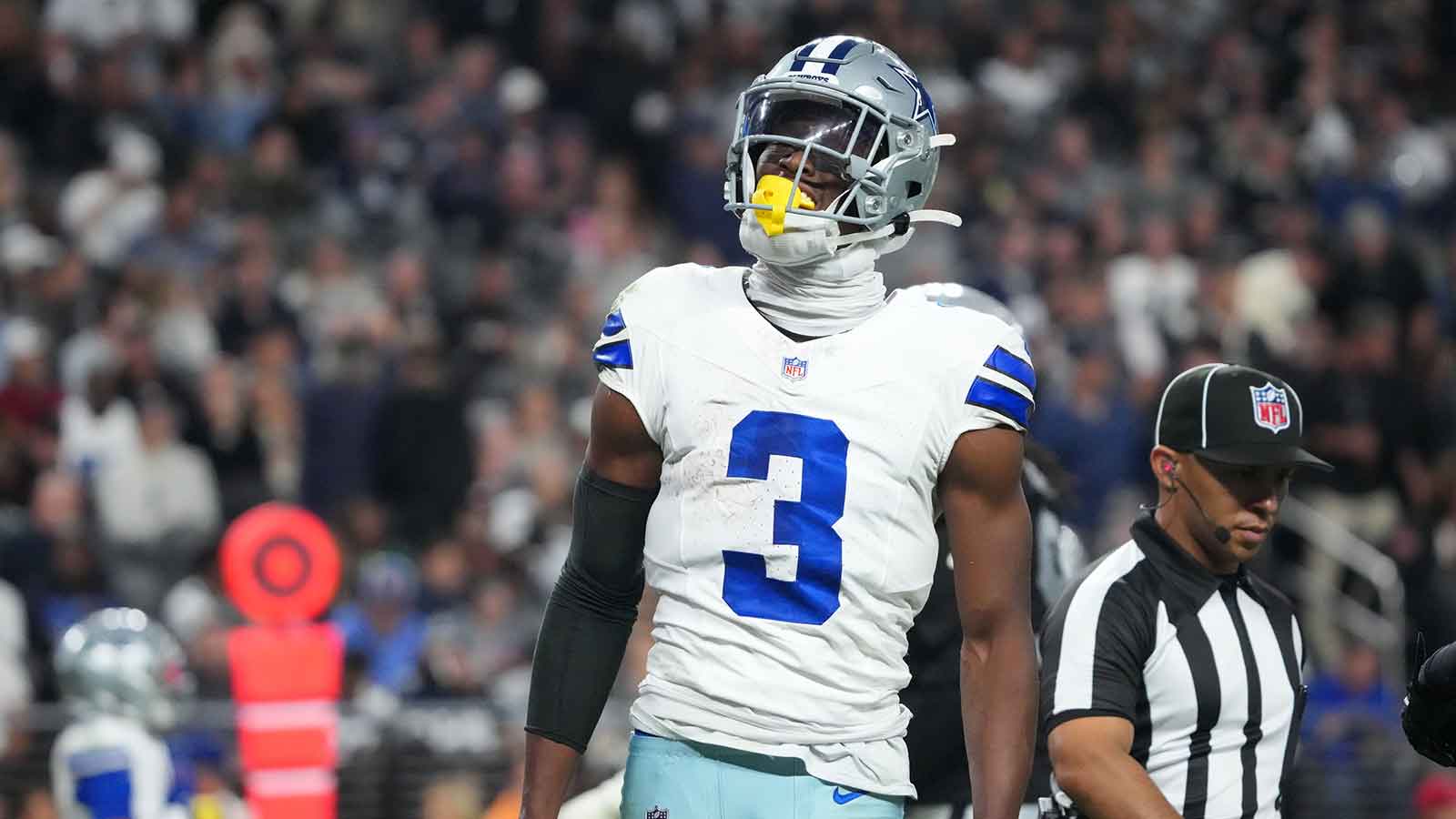Former Dallas Cowboys coach Greg Ellis expressed regret Thursday following the death of second-year defensive end Marshawn Kneeland, who took his own life days after scoring his first career touchdown.
Ellis, who coached the Cowboys for one season before the current staff took over, revealed in an interview with Calvin Watkins of The Dallas Morning News that he wished he had done more to stay in contact with Kneeland in the months leading up to his death.
“For me, I should have known,” Ellis said. “But the moments that I pay attention to him when he would withdraw, he would get quiet, and then I was like, ‘What’s going on?’ But his No. 1 answer: ‘I’m straight coach, I’m good.’ So, yes, to that again, a lot of things are hindsight. I did see it. But I didn’t think it would lead to this. But I did feel compelled to stay in contact with him, and that’s the one thing that I didn’t do well enough in my opinion.”
Ellis, who spent 12 seasons in the NFL — including 11 with the Cowboys — encouraged the front office to draft Kneeland out of Western Michigan in the second round of the 2024 NFL Draft. He saw potential in the young pass rusher, who reminded him of himself and fit well into former defensive coordinator Mike Zimmer’s system.
Greg Ellis reflects on missed signs before Marshawn Kneeland’s death
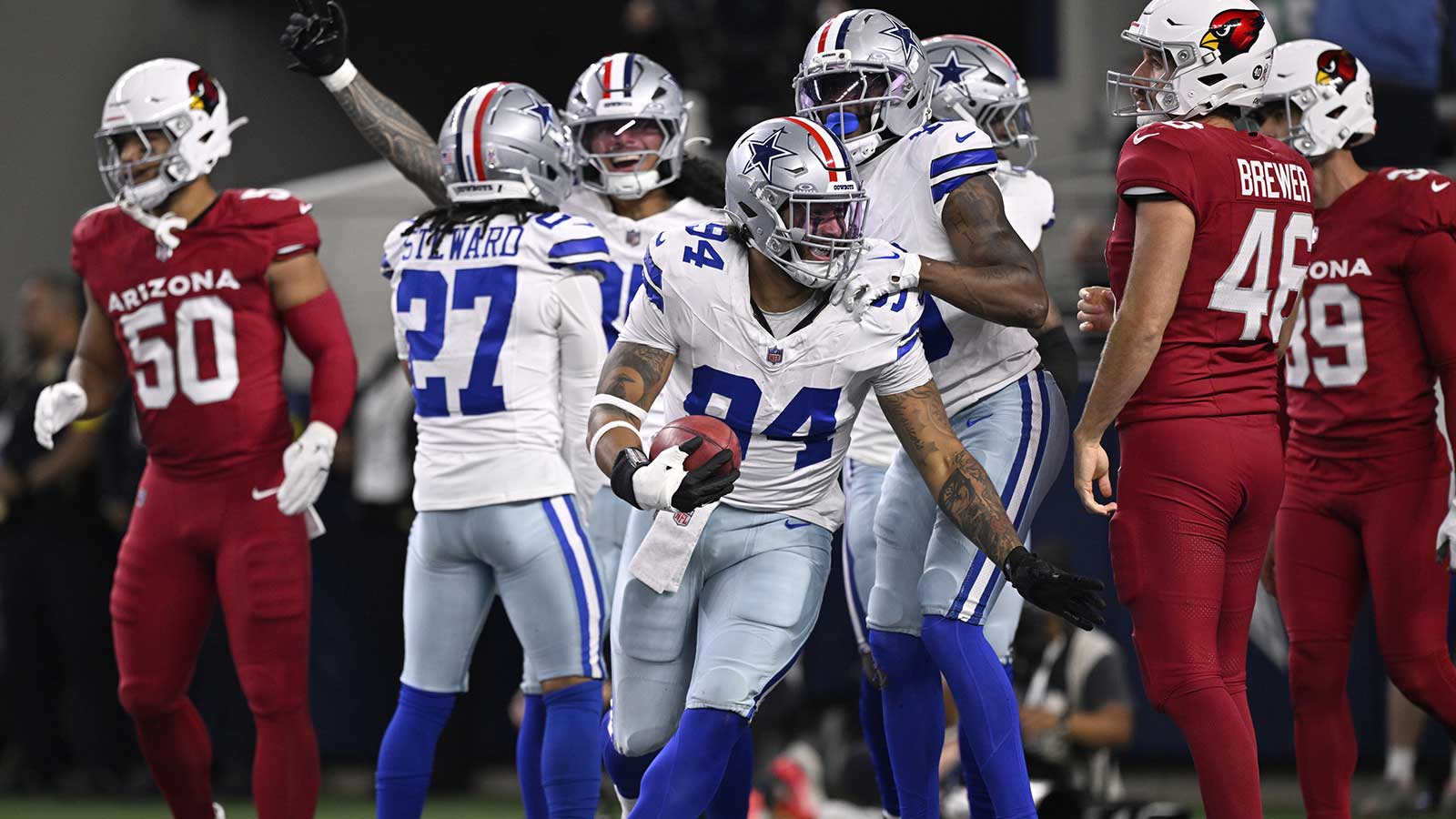
The two developed a close bond during Kneeland’s rookie season. Ellis, who has been open about mental health and even wrote and directed a film on the subject titled My Dear, often spoke with Kneeland about his own experiences and struggles.
Law enforcement reports indicate that Kneeland, 24, died by suicide days after scoring his first touchdown during the Cowboys’ 27–17 Week 9 loss to the Arizona Cardinals on Monday Night Football. His body was later discovered by authorities following a 911 call made by his girlfriend. Dispatch audio revealed she told officers Kneeland had a history of mental health issues and had sent farewell text messages to family members that night.
Ellis said he last communicated with Kneeland on Sept. 3 but often thought about checking in more frequently.
“I feel like, I wish he would have reached out to me,” Ellis said. “But it’s kind of out of sight, out of mind, and that’s where I feel like I needed to have been calling him, and the last time I talked to him by text. Then I just should have been texting him on a consistent basis. Hindsight, I wish I would have been reaching out to him a lot more and maybe that would have helped him to say, ‘Oh yeah, G let me talk to you. Let’s go and get something to eat X, Y and Z.’
“It doesn’t have to be about football. I didn’t do it.”
Cowboys look to regroup as players emphasize mental health awareness
Ellis added that he wanted to continue mentoring Kneeland and fellow defensive end Sam Williams about football and life but was cautious not to interfere with the new coaching staff led by head coach Brian Schottenheimer.
“I wish I would have done more,” Ellis said.
Cowboys quarterback Dak Prescott and defensive tackle Solomon Thomas, who both lost siblings to suicide, have established foundations promoting mental health awareness.
“It’s just a pain that you don’t wish upon anybody,” Prescott told Ch. 11 during a field dedication at his high school in Haughton, Louisiana.
The Cowboys (3–5–1) are on their Week 10 bye and will face the Las Vegas Raiders (2–7) on Nov. 17 at Allegiant Stadium. The team will attempt to regroup after losing not only a teammate but a close friend and brother.

